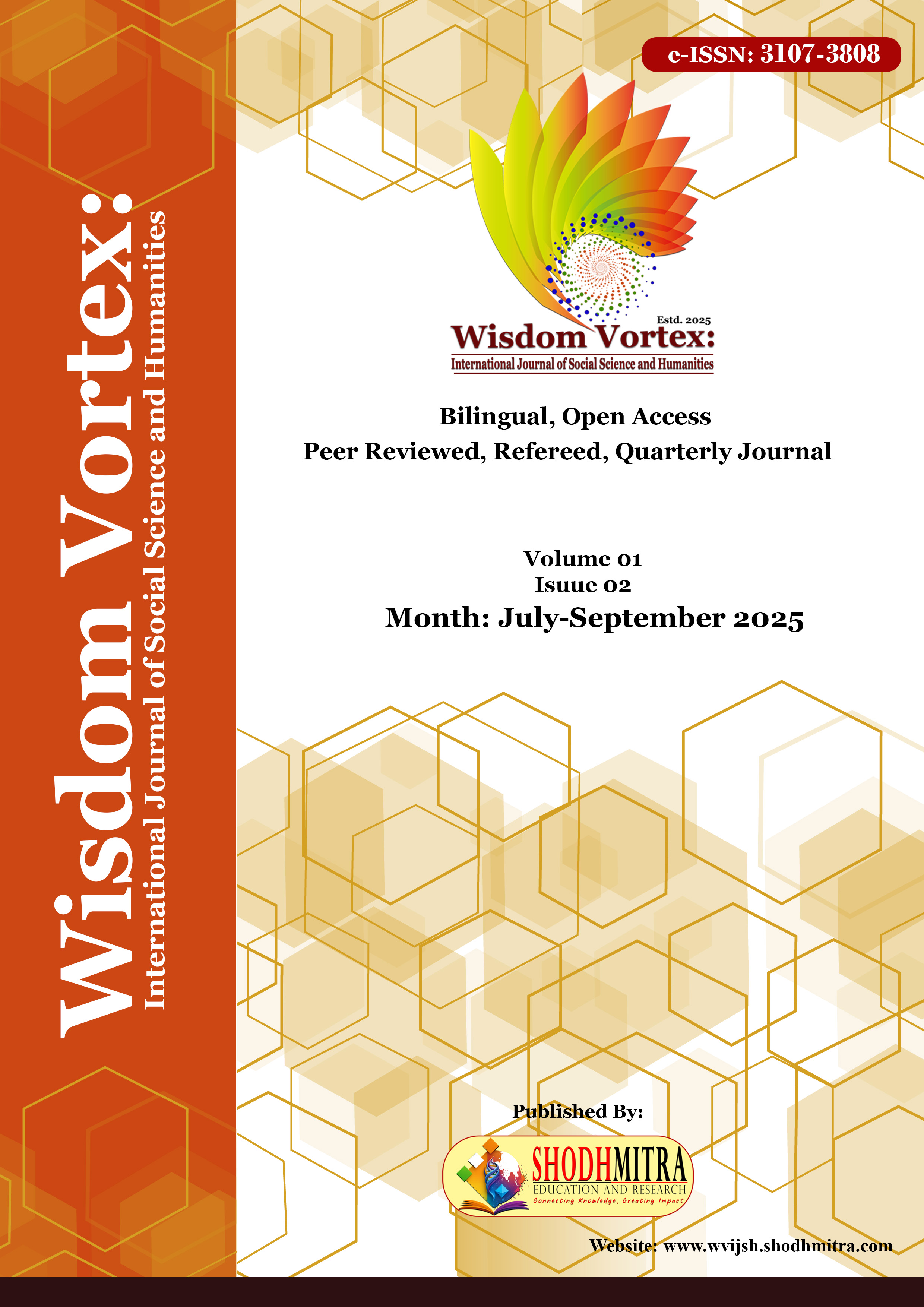The Gaslight Effect: Emotional Manipulation and Cognitive Dissonance in Close Relationships
DOI:
https://doi.org/10.64429/wvijsh.01.02.004Keywords:
Gaslighting behavior, emotional manipulation, cognitive dissonance, intimate relationships, psychological abuseAbstract
The present study aims to examine the psychological impact of gaslighting behavior on emotional manipulation and cognitive dissonance in intimate relationships. Gaslighting, a subtle form of emotional abuse, involves manipulation that causes victims to question their perceptions, emotions, and memories. A sample of 80 individuals who had experienced close romantic relationships was selected through purposive sampling. Three tools were used: the Gaslighting Behavior Inventory (GBI), the Emotional Manipulation Scale (EMS), and the Cognitive Dissonance Scale (CDS). Based on GBI scores, participants were categorized into high and low gaslighting behavior groups. Independent samples t-tests were applied to analyze the data. Results revealed that individuals with high gaslighting behavior scored significantly higher in emotional manipulation (M = 41.05) and cognitive dissonance (M = 35.30) compared to those with low gaslighting behavior (M = 33.75 and M = 28.40, respectively). The findings were statistically significant at the 0.01 level. The study concludes that gaslighting is strongly associated with increased emotional manipulation and psychological discomfort in intimate relationships.

Additional Files
Published
Issue
Section
License
Copyright (c) 2025 A. Kabiraj (Author)

This work is licensed under a Creative Commons Attribution 4.0 International License.
Authors publishing in Wisdom Vortex: International Journal of Social Science and Humanities retain full copyright and grant the journal a non-exclusive license to publish, distribute, and archive their work in print and electronic formats. Authors may share or reuse their work with proper citation to the original publication in this journal.
All works are licensed under the Creative Commons Attribution 4.0 International License (CC BY 4.0), allowing sharing, adaptation, and commercial use with proper attribution. Full copyright and licensing terms are available at Policies section.







